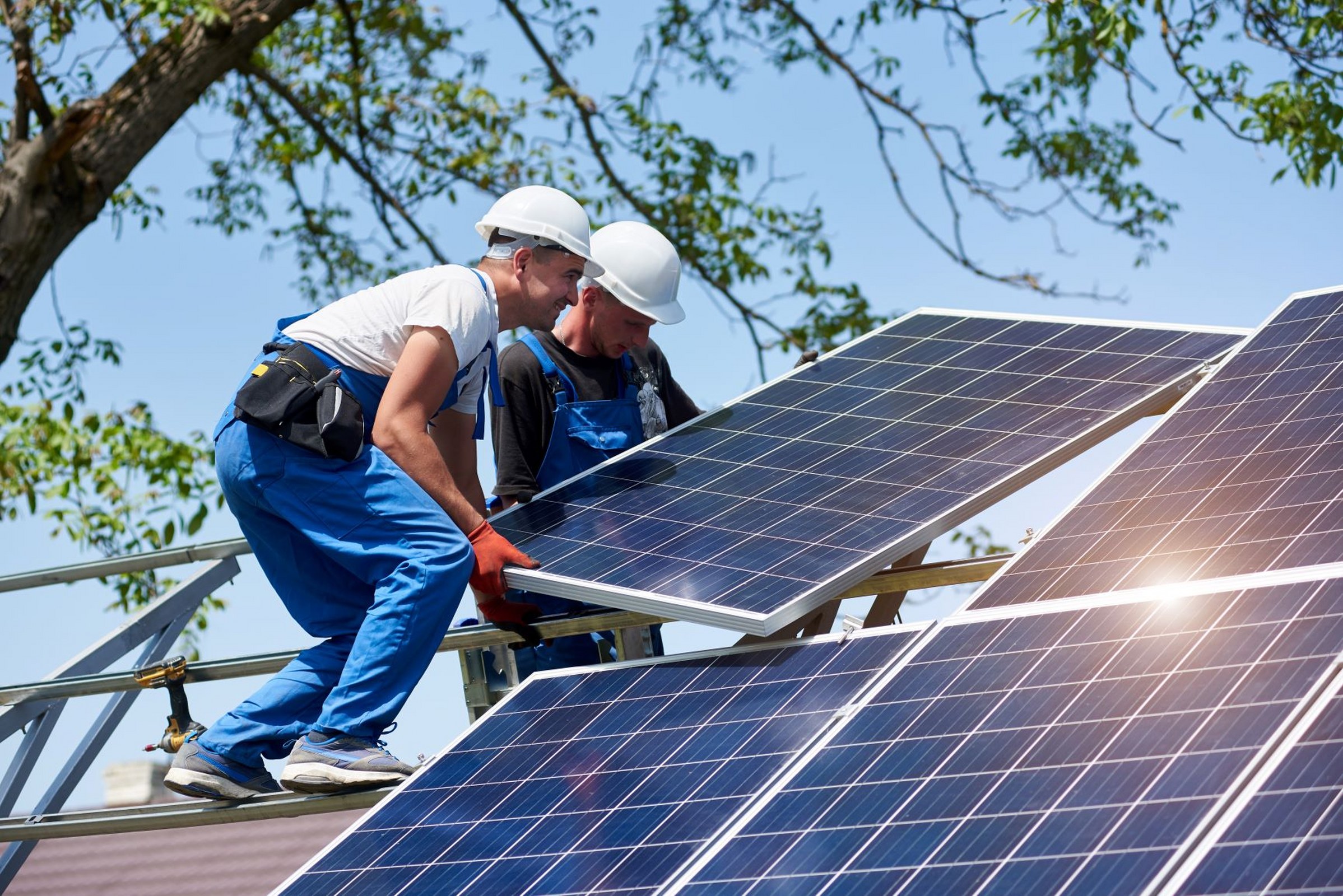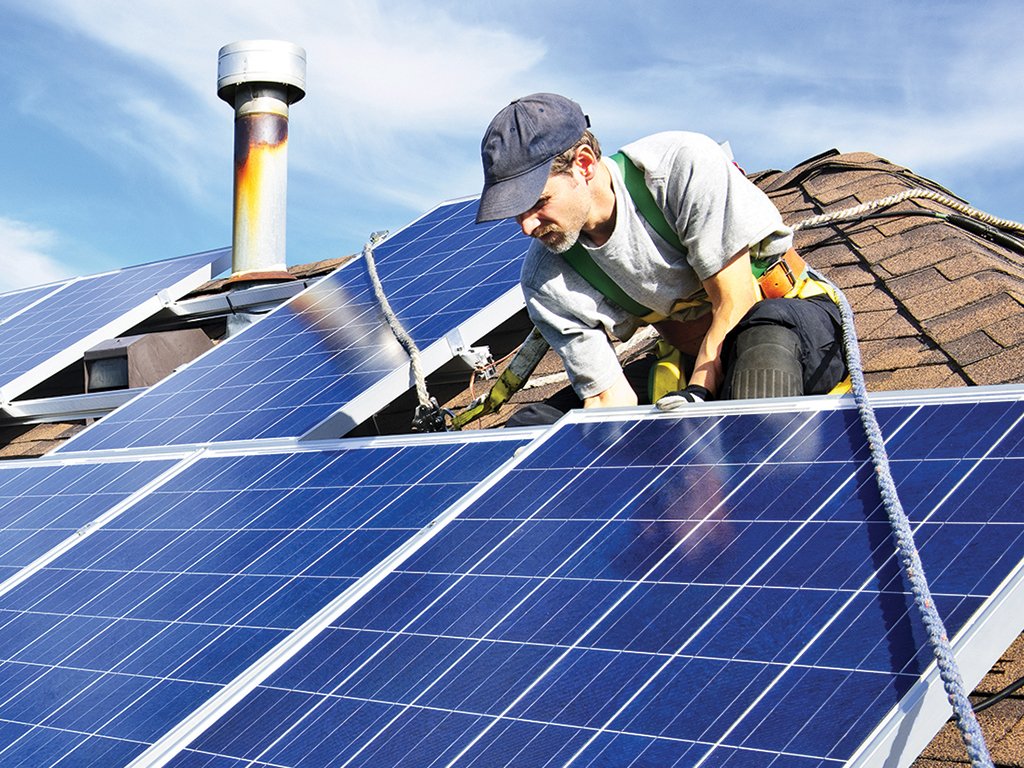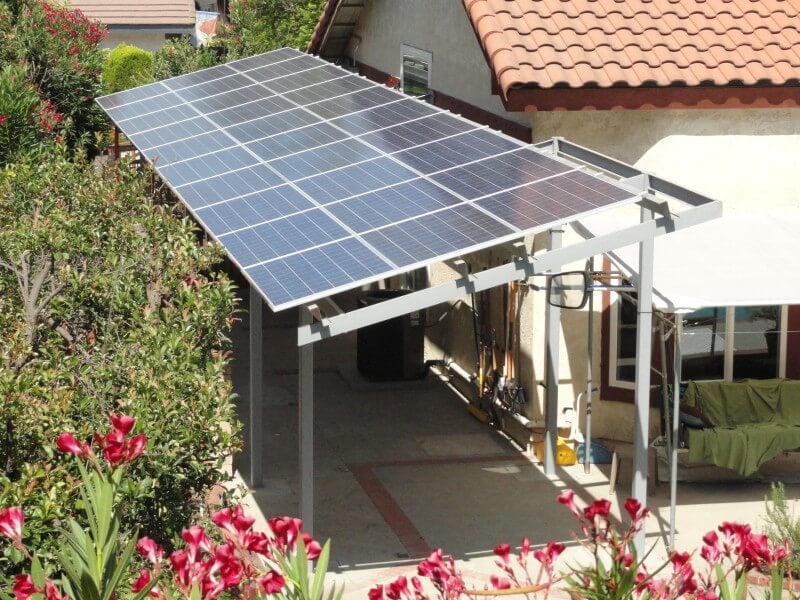“Residential solar panel installation services”
Benefits of Residential Solar Panel Installation
Before we dive into the installation process, let’s explore the benefits of residential solar panel installation. Some of the most significant advantages include:
- Energy Savings: Solar panels generate electricity from sunlight, which can significantly reduce your energy bills. According to the U.S. Department of Energy, a typical residential solar panel system can save homeowners between $400 and $1,000 per year on their energy bills.
- Increased Property Value: Installing solar panels can increase your property value, making it more attractive to potential buyers if you decide to sell. A study by the National Renewable Energy Laboratory found that homes with solar panels sell for 17% more than similar homes without solar panels.
- Environmental Benefits: Solar energy is a clean and renewable source of energy, producing no emissions or pollution. By switching to solar power, you’ll be reducing your carbon footprint and contributing to a sustainable future.
- Low Maintenance: Solar panels require minimal maintenance and are designed to last for 25 years or more. With a professional installation, you can enjoy worry-free energy production for decades to come.
- Government Incentives: Many governments offer incentives, such as tax credits and rebates, to encourage homeowners to switch to solar energy.
The Installation Process

When it comes to residential solar panel installation, the process typically involves the following steps:
- Assessment and Consultation: A professional installation company will assess your home’s energy usage and solar potential, taking into account factors such as roof size, orientation, and shading.
- System Design: Based on the assessment, the installation company will design a solar panel system tailored to your energy needs and budget.
- Permitting and Approvals: The installation company will obtain necessary permits and approvals from local authorities, ensuring compliance with regulations and codes.
- Installation: The solar panel system is installed, typically within a few days, depending on the size of the system and complexity of the installation.
- Inspection and Testing: The installation company will inspect and test the system to ensure it’s functioning correctly and safely.
- Maintenance and Monitoring: Many installation companies offer maintenance and monitoring services, providing peace of mind and ensuring optimal system performance.

What to Expect from a Professional Installation Company

When selecting a professional solar panel installation company, it’s essential to look for a few key qualities, including:
- Experience and Expertise: Choose a company with extensive experience in solar panel installation, and a team of skilled and certified professionals.
- Licenses and Certifications: Ensure the company is licensed and certified to operate in your state and locality.
- Insurance and Warranties: Look for a company that offers comprehensive insurance coverage and warranties on their work and equipment.
- Customer Service: A reputable company will provide excellent customer service, responding promptly to inquiries and concerns.
- Transparent Pricing: Be wary of companies that offer low-ball estimates or unclear pricing. A reputable company will provide transparent and detailed pricing, including all costs and expenses.
Types of Solar Panel Systems
There are several types of solar panel systems available for residential installation, including:
- Monocrystalline Solar Panels: These panels are made from single crystals of silicon and are known for their high efficiency and durability.
- Polycrystalline Solar Panels: These panels are made from multiple crystals of silicon and offer a more affordable alternative to monocrystalline panels.
- Thin-Film Solar Panels: These panels are made from a thin layer of photovoltaic material and are often used for large-scale commercial installations.
- Solar Roof Tiles: These are solar panels integrated into roofing tiles, offering a sleek and seamless design.
Cost and Financing Options
The cost of residential solar panel installation can vary widely, depending on factors such as system size, equipment quality, and installation company. On average, a residential solar panel system can cost between $15,000 and $30,000, before incentives and rebates.
Fortunately, there are several financing options available to help homeowners cover the upfront costs, including:
- Cash Purchase: Paying cash upfront allows homeowners to avoid financing costs and start saving on energy bills immediately.
- Solar Loans: Many lenders offer solar-specific loans, providing competitive interest rates and flexible repayment terms.
- Power Purchase Agreements (PPAs): Under a PPA, a third-party company installs and maintains the solar panel system, and the homeowner pays a fixed rate for the energy produced.
- Leasing Options: Some companies offer leasing options, allowing homeowners to use a solar panel system for a monthly fee.
Conclusion
Residential solar panel installation is a smart investment for homeowners, offering energy savings, increased property value, and a reduced carbon footprint. By choosing a reputable and professional installation company, you can ensure a seamless and efficient installation process, and start enjoying the benefits of solar energy for years to come. With various financing options available, there’s never been a better time to make the switch to solar power. As the world continues to move towards renewable energy sources, residential solar panel installation is an excellent way to contribute to a sustainable future, while also improving your home and saving money on energy bills.
Additional Tips and Recommendations
- Research and Compare: Research and compare different installation companies, equipment, and financing options to find the best fit for your needs and budget.
- Check Local Incentives: Check with your local government to see if there are any incentives or rebates available for residential solar panel installation.
- Monitor and Maintain: Regularly monitor your solar panel system’s performance and maintain it according to the manufacturer’s instructions to ensure optimal energy production.
- Consider Energy Storage: Consider installing energy storage systems, such as batteries, to store excess energy generated by your solar panel system.
- Join a Solar Community: Join online forums or local solar communities to connect with other solar homeowners, share knowledge, and stay up-to-date on the latest developments in the solar industry.
By following these tips and recommendations, you can ensure a successful and rewarding residential solar panel installation experience, and start enjoying the benefits of clean, renewable energy for years to come.





